Reutilizing Shipping Containers for Conflict Displacement Housing
As protracted conflicts displace millions into remote areas lacking infrastructure, transitional shelter delivery faces hurdles accessing isolated sites through damaged road networks under unstable security conditions. Traditional tent encampments alone fail meeting basic coverage needs sustainably for populations inhabiting transitional settlements potentially years until safe return home or third country resettlement arises.
To establish secure, dignified interim housing solutions overcoming logistical challenges, humanitarian organization Forwards Without Borders now partners optimized prefabrication techniques innovated utilizing refurbished shipping containers. Specializing disaster response construction worldwide, Dutch firm engineers standardized relocatable modules assembled rapidly on-site from flat-packed components converted 40-foot steel boxes.
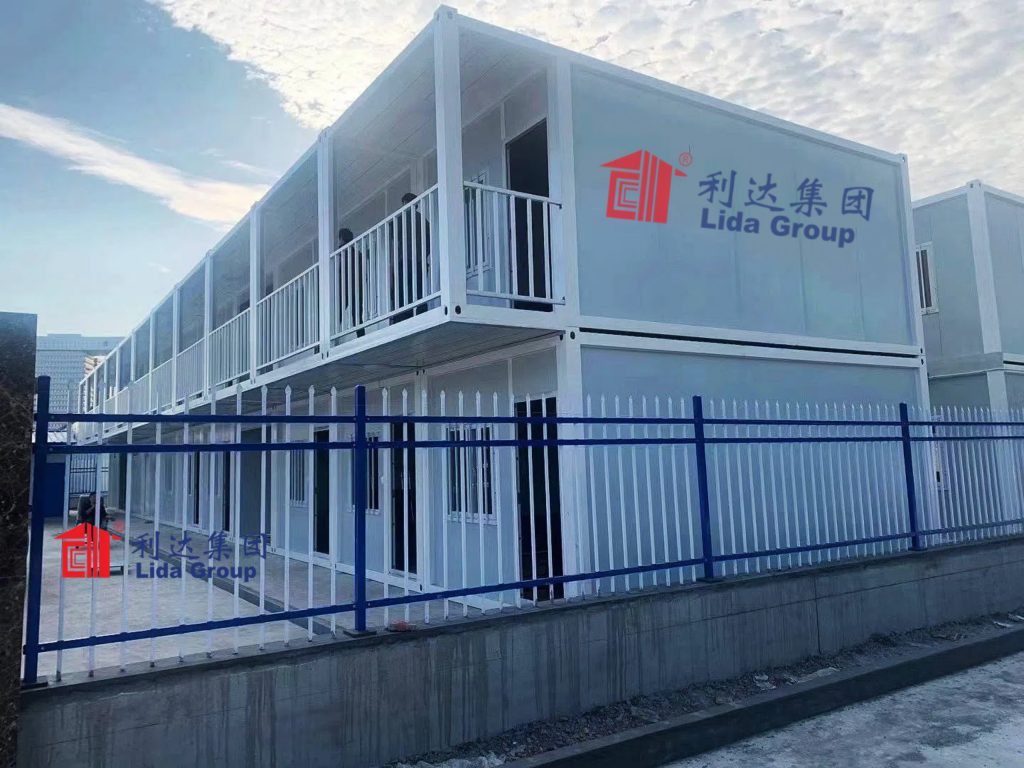
Sustainable Relocatable Housing
Core to the strategy centers optimizing abundantly surplus global shipping container volumes through refurbishment converting durable steel structures into prefabricated modular housing components. Container frames undergo structural retrofits reinforcing floors and installing insulated cladding meeting wind/seismic loading codes for residential applications.
Precut wall, roof and floor panels complete interior subdivisions furnished as individual apartments or attached family units. Strategically integrated features install electrical, plumbing and specialized finishes equipping standardized living spaces comparable permanent homes. Solar micro-grids, cisterns and communal facilities further stabilize settlements autonomously.
Crucially, the fully containerized modular nature streamlines transportability installations near remote communities through integrated chassis mounts trucking units compactly any terrain. Foundations lay rapid on flatprepared land while universal panel connectors assemble entire villages portably yet semipermanently meeting all stabilization objectives.
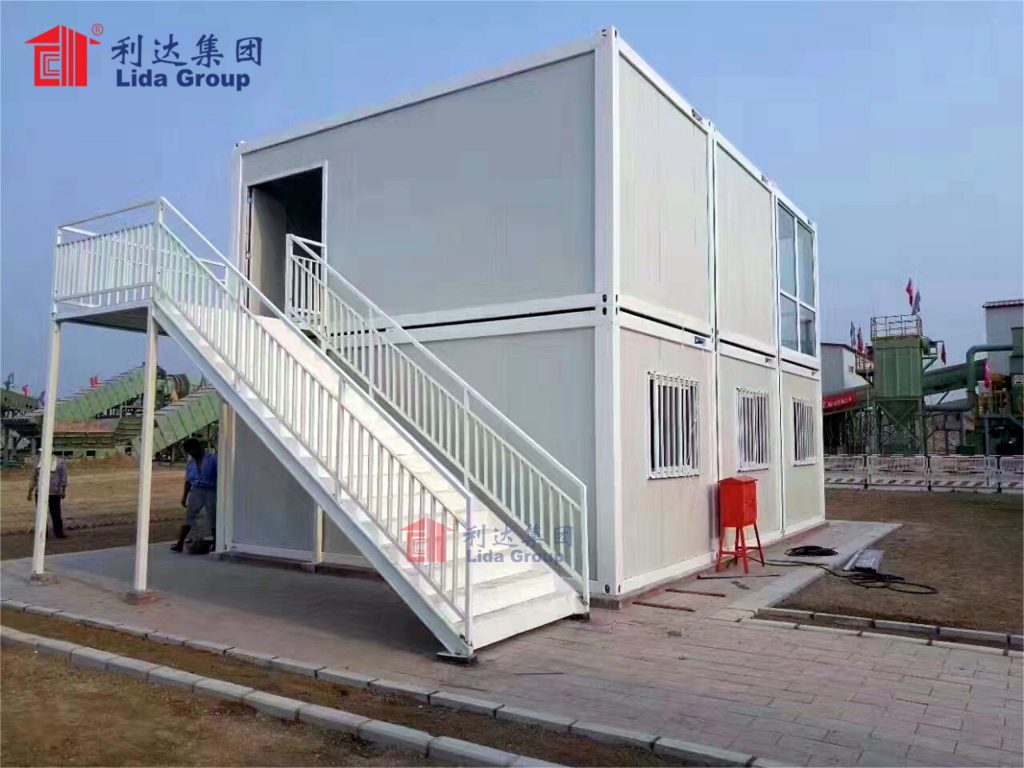
Pilot Installation in Conflict Zone
Initially the partnership established a 100-unit container village providing up to 3 years housing 150 internally displaced families in mountainous Tanganyika province undergoing clashes inhibiting safe returns.
Working under constant security assessments, trained community teams constructed the self-contained village from containerized flat-packed components trucked to-site within weeks of arrival. Solar micro-grids powered essential utilities independent of unstable national infrastructure. Gender-specific sanitation facilities and communal kitchen/gathering halls installed restoring dignity and social order.
Ongoing monitoring validates container housing stabilization success through dignified independent living promoting public health, education access and livelihood rehabilitation away from frontlines until negotiations progress enabling safe returns sustainably. Findings support mainstreaming optimized refurbished container construction filling critical gaps.
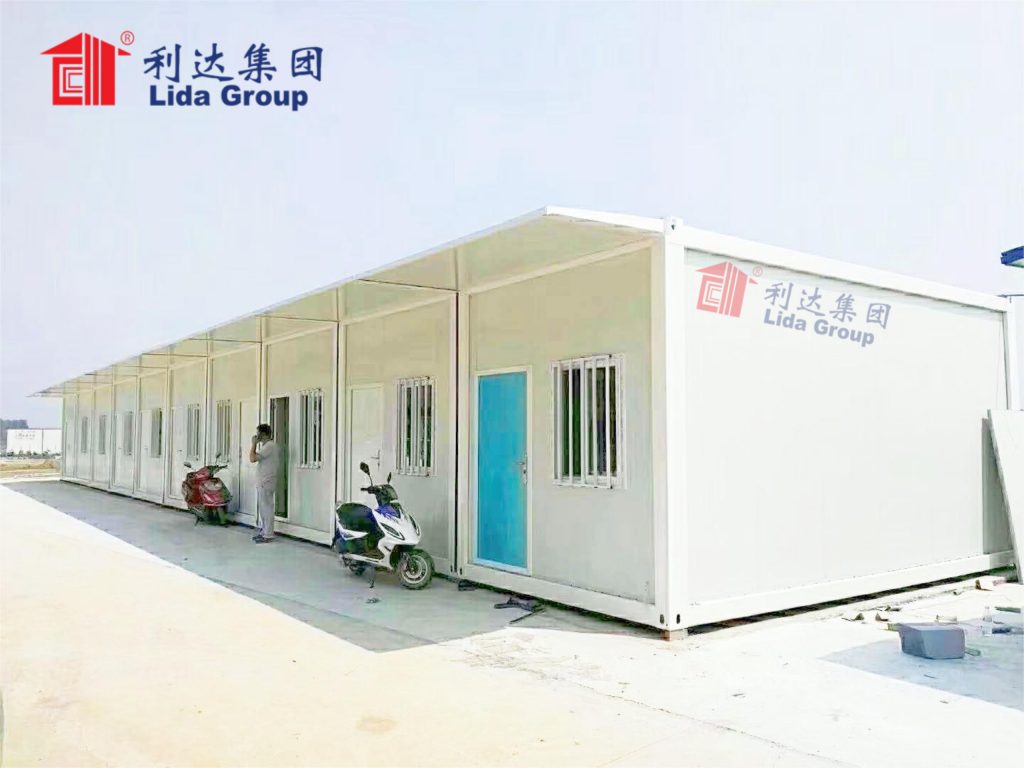
Expanding to Remote Locations
Encouraged by initial impacts redefining transitional shelter delivery capacity in logistically challenging environments, additional partnerships now deploy designs addressing gaps amongst displacement into remote border areas and reserves also prohibiting traditional tent provision.
Additional villages provide stabilized interim residency for up to 3 years amongst populations unable accessing crowded formal camps. Strategically sited near sources of safe water, nutrition programs and medical facilities through partnerships, container housing restores stability in isolated contexts formerly reliant only precarious makeshift self-settled shelters dangerously exposed without services.
Modular standardized transportability overcomes access limitations via road for shipping containerized housing providing coverage wherever displacement persists without feasibility accessing existing camp infrastructures centrally established but distant from current locations inhabiting.
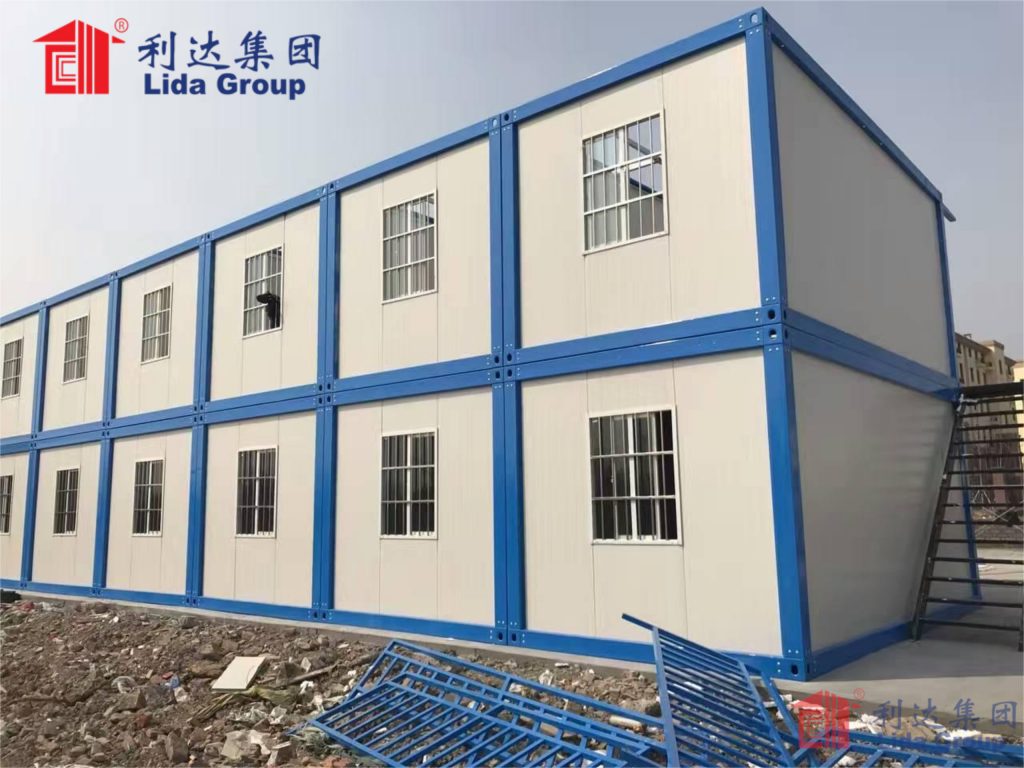
Recommendations for Prefab Standardization
Noting potential for standardized refurbished container construction filling critical gaps, partners recommend elevating optimized modular prefabricated techniques within broader guidelines improving remote conflict displacement response capacities sustainably.
Integrating steel container refurbishment as proven transitional housing delivery method optimized rapidly deploying dignified semi-permanent solutions self-sufficiently powered independent infrastructure. Prefab partnerships scaled optimize scalable installation capacity meeting comprehensive stabilization needs for isolated populations left uncovered historically depending make shift provisions alone. Guidelines reference standardized techniques enabling communities transition directly from response into recovery according their own cultural practices.
Mainstreaming such portable construction globally advances standards recognizing rebuilding objectives extend equitably serving all displaced peoples securely and appropriately according context specific conditions faced. Doing so may meaningfully progress accessibility and quality wherever large-scale crises persist globally.
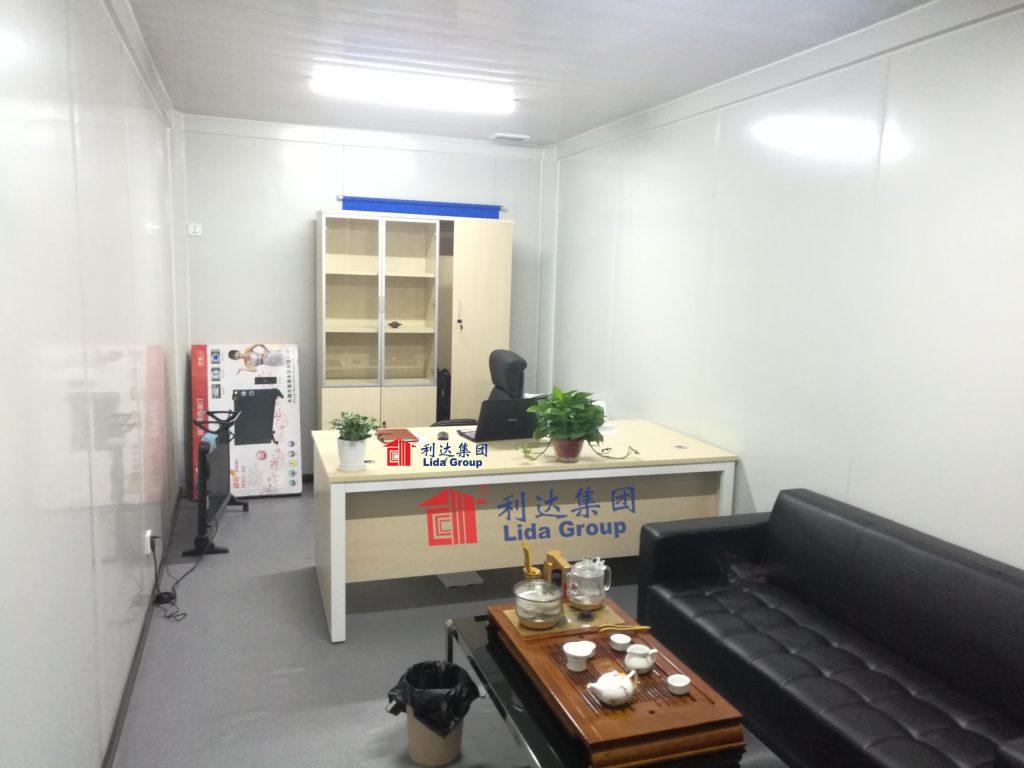
Conclusion
Through successes addressing remote transitional housing gaps innovatively, partners validate optimized container prefabrication potential filling critical needs sustainably for vulnerable populations inhabiting isolated or makeshift settlements dangerously lacking services historically. Evidence demonstrates transitioning standards to integrate container refurbishment within broader guidelines empowers encompassing dignified recovery support for even most remote or inaccessible displacement globally. Going forward continual partnerships merit expanding scalable solutions improving lives of groups left uncovered.

Related news
-
Grant backs scaling of Lida Group's composite panel prefab methods to close durable shelter gaps for vulnerable populations inhabiting temporary settlements years after successive climate disasters.
2024-07-30 18:18:59
-
Mining company selects Lida Group's movable living units assembled from refurbished shipping containers to provide dignified temporary housing for rotational project workers near new mining sites.
2024-07-23 10:41:51
-
Conference introduces modular extensions enabling integrated on-site housing and processing for specialized crops using Lida Group's standardized steel framed and metal-paneled designs.
2024-07-18 17:41:11
contact us
- Tel: +86-532-88966982
- Whatsapp: +86-13793209022
- E-mail: sales@lidajituan.com


